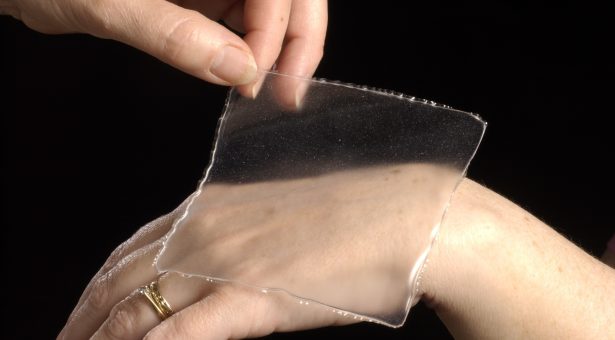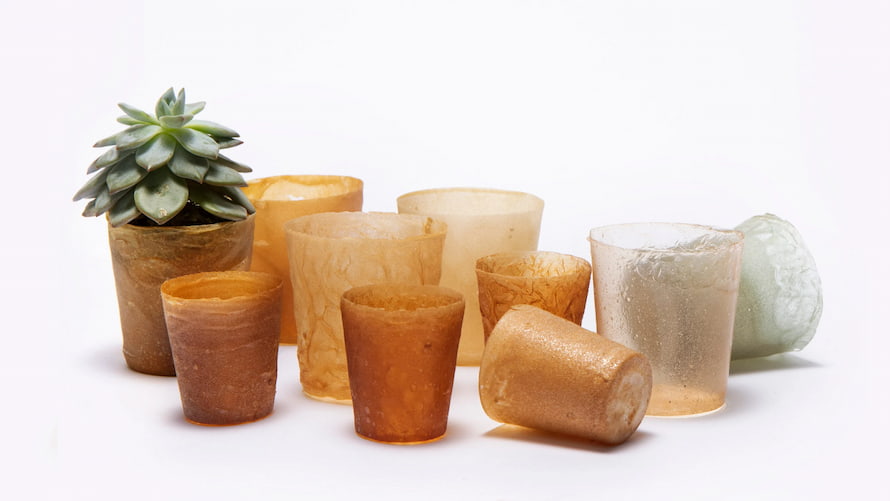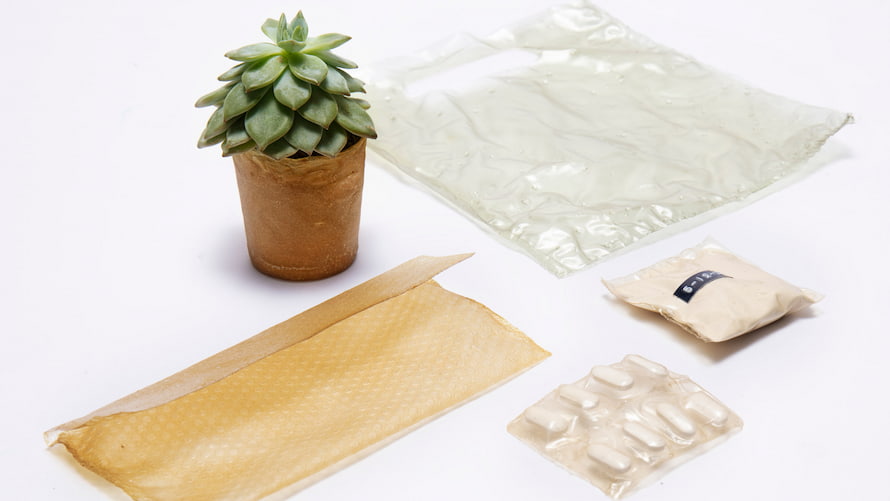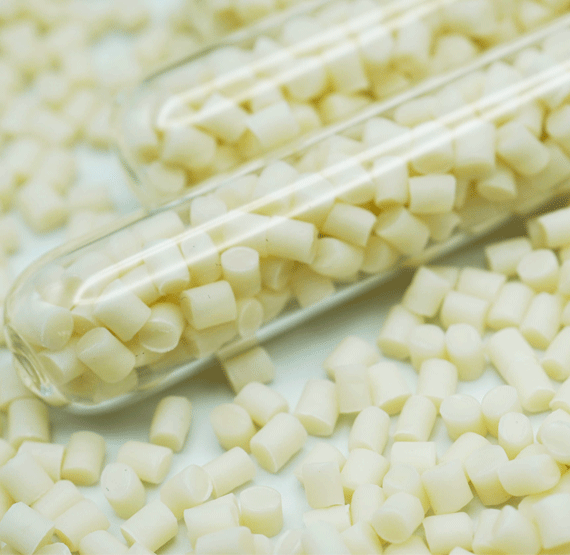| 0 Comments | 210 Views
Excellency Mr. Mu’arifamin, the director of the Brilliant English Course,
Honorable Professor Maya Rahmayanti, M.Si., the chief of chemistry study program,
Honorable Mr. Sudarlin, M.Si., the vice-chief of chemistry study program,
Unforgettable all of the members of the Brilliant English Course from Chemistry and Biology study programs,
Dear happy brothers and sisters, ladies and gentlemen.
 sumber : https://www.jic.ac.uk/
sumber : https://www.jic.ac.uk/
Assalamualaikum wr wb…
First of all, in the name of Allah, the most gracious and most merciful, there is no beautiful sentence to speak except thanks unto Allah SWT. Because of His guidance and His love, for this time being, we can gather and attend this event without any obstacles.
Secondly, may sholawat and salam be upon our Prophet Muhammad peace be upon him, who has guided us from the darkness to the brightness through Islam religion.
Ladies and gentlemen,
My name is Endaruji Sedyadi and I'm an inorganic chemistry lecturer at Chemistry study program, Faculty of Science and Technology, UIN Sunan Kalijaga Yogyakarta.
 sumber : https://europlas.com.vn/
sumber : https://europlas.com.vn/
Today, I’m standing in front of you all to deliver my speech about environmental problems, specifically focusing on the plastic waste issues and exploring biodegradable plastics as a potential solution. This is a critical issue that affects us all, and I believe it requires our urgent attention and action.
We live in a world saturated with plastic. It's in our food packaging, our clothes, our electronics, and countless other everyday items. While plastic has many useful applications, its widespread use has created a global crisis. Tons of plastic waste we generate is overwhelming our landfills, polluting our oceans, and harming wildlife.
Let us think about it for a while, What kind of world do we want to leave for our children? every year, millions tons of plastic end up in our oceans, where it can entangle marine animals, be ingested by them, and disrupt entire ecosystems. Plastic breaks down into microplastics, tiny particles that can contaminate our food chain and potentially pose health risks to humans. The images of plastic-filled beaches and entangled marine life are heartbreaking and a stark reminder of the consequences of our reliance on plastic.
 sumber : https://europlas.com.vn/
sumber : https://europlas.com.vn/
The problem is not just the quantity of plastic waste, but also its durability. Unlike organic materials, plastic doesn't readily decompose. It can take hundreds, even thousands, of years to break down, meaning that the plastic we throw away today will likely outlive us and many generations to come.
So, what can we do? One promising solution lies in the development and use of biodegradable plastics. These plastics are made from renewable resources, such as corn starch or sugarcane, and are designed to decompose naturally in the environment. Under the right conditions, biodegradable plastics can break down into harmless substances like water, carbon dioxide, and biomass, reducing the burden on our landfills and oceans.
However, biodegradable plastics are not like a silver bullet to kill vampire in a horror movie. There are several challenges associated with their widespread adoption.
First, they are often more expensive to produce than traditional plastics.
Second, they require specific composting conditions to break down effectively, and not all composting facilities are equipped to handle them.
Third, some biodegradable plastics can still take a long time to decompose in the natural environment, and if they end up in the ocean, they may not degrade any faster than conventional plastics.
Despite these challenges, biodegradable plastics offer a viable alternative to traditional plastics, especially for certain applications. For example, they can be used for food packaging, disposable cutlery, and agricultural mulch. Continued research and development are crucial to improve the performance and affordability of biodegradable plastics, as well as to develop better composting infrastructure.
.jpg) sumber : https://europlas.com.vn/
sumber : https://europlas.com.vn/
But biodegradable plastics are just one piece of the puzzle. We need a multi-faceted approach to tackle the plastic waste problem. We need to reduce our consumption of single-use plastics. We need to reuse and recycle as much as possible. We need to support businesses that are committed to sustainable practices. And we need to advocate for policies that promote the reduction and responsible management of plastic waste.
Each of us has a role to play in addressing this challenge. By making conscious choices in our daily lives, we can collectively make a significant impact. We can choose to bring our own reusable bags and water bottles. We can refuse single-use straws and cutlery. We can support businesses that use sustainable packaging. And we can educate our families and friends about the importance of reducing plastic waste.
The plastic waste problem is a complex one, but it is not insurmountable. By embracing innovative solutions like biodegradable plastics, by adopting more sustainable lifestyles, and by working together, we can create a cleaner, healthier, and more sustainable future for ourselves and for generations to come. Let us remember that we are all responsible for the health of our planet, and let us act now to protect it from the scourge of plastic waste.
 sumber : https://europlas.com.vn/
sumber : https://europlas.com.vn/
Finally, ladies and gentlemen, that’s all for my speech. I hope you can get the insight, especially regarding the potential of biodegradable plastics as part of the solution to plastic waste.
Thank you for your attention, and let’s make Indonesia a shining example of environmental stewardship!
Wassalamualaikum wr wb.
Leave a Comment